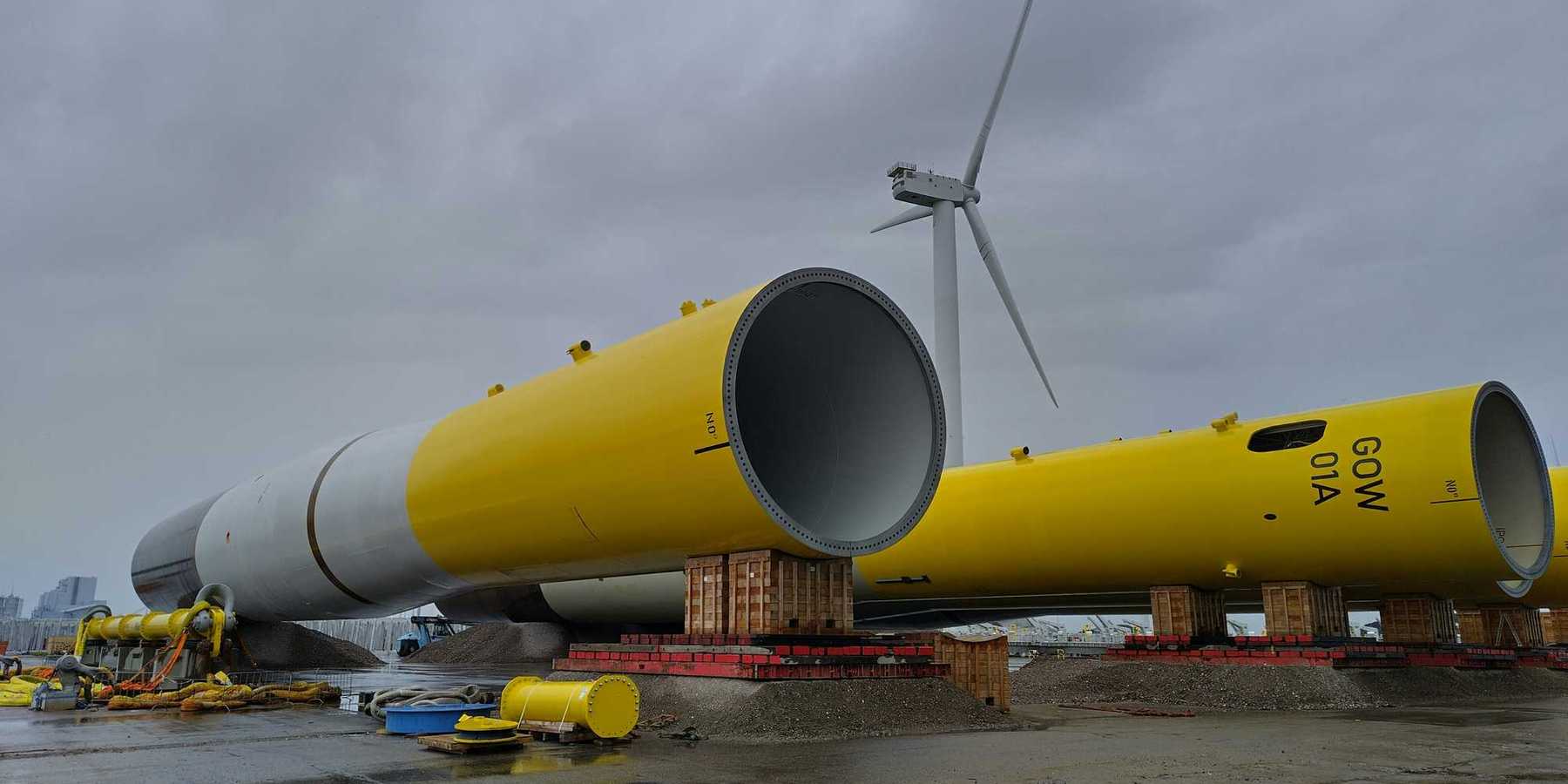cobalt
The hidden exploitation behind clean energy's cobalt demand
Activists are raising awareness about the exploitation of Black workers and resources in the Congo, driven by the demand for cobalt used in clean energy technologies.
In short:
- The Democratic Republic of the Congo is the source of most of the world's cobalt, essential for electric vehicles and electronics.
- Child labor and unsafe mining conditions are rampant, with thousands of workers, including children, facing dangerous conditions for minimal pay.
- Black-led movements in the U.S. are connecting the exploitation in the Congo with systemic inequities faced by Black Americans.
Key quote:
“Cobalt mining is the slave farm perfected. It is a system of absolute exploitation for absolute profit.”
— Siddharth Kara, author of Cobalt Red: How The Blood of the Congo Powers Our Lives
Why this matters:
The demand for clean energy technologies is driving human rights abuses in the Congo. Cobalt is a mineral vital for the production of lithium-ion batteries, which power many electric vehicles and electronic devices. A large portion of the world's cobalt comes from the DRC, where there have been reports of unsafe working conditions and child labor in the mines.
Students return to Lahaina schools as EPA seals down toxic ash
Students return to Lahaina schools as EPA seals down toxic ash
Students return to Lahaina schools as EPA seals down toxic ash
U.S. plan calls for EV battery plants in Democratic Republic of Congo, Zambia
Joe Davidson writes in the Washington Post about an agreement for EV battery plants that would help African nations process their raw materials instead of richer nations getting the benefits.
In a nutshell:
The Biden administration has entered into a memorandum of understanding with the Democratic Republic of Congo and Zambia, two mineral-rich African countries, to support the development of an electric battery supply chain. This move aims to increase battery production in these nations, allowing them to benefit more from their natural resources. However, concerns about human rights abuses, including child labor in cobalt mining, have emerged, spotlighting the challenges of ensuring a just energy transition, reports Davidson. He highlights recent reports by Amnesty International and the U.S. Labor Department.
Key quote:
Washington pays attention to human rights accounts, but that does not mean they will interfere with the EV battery projects. The reports “play a useful role in reminding the government that it is under scrutiny” and that officials must hold companies to a high standard, Lucy Tamlyn, the U.S. ambassador to Congo, said in a video interview from Kinshasa on Thursday.
The big picture:
As the world transitions to renewable energy and seeks ever-more efficient batteries to power electric vehicles, the race is on to secure the necessary raw materials. China, a dominant player in the electric vehicle market, remains a significant competitor as the United States seeks to establish its presence in this sector, but faces an uphill battle to catch up.
The industrial mining of cobalt and copper for rechargeable batteries can have profound effects on local communities. Human rights abuses, including child labor, forced evictions, arson, sexual assault and beatings associated with mining operations underscore the challenges. Environmentally, the extraction and processing of these minerals can result in habitat destruction and pollution, impacting ecosystems and contributing to broader environmental degradation.
Read the article in the Washington Post.
The New Lede's Shannan Kelleher notes that "as nations worldwide strive to combat climate change by transitioning to renewable energy, they find themselves grappling with how to avoid repeating the mistakes of 150 years of fossil fuel production."
IEA celebrates energy transition minerals investment, as fears of shortage lessen
Supply of minerals critical to the energy transition could move close to levels needed to support climate pledges by 2030 after a surge in investment, the International Energy Agency said – provided all projects go as planned.









